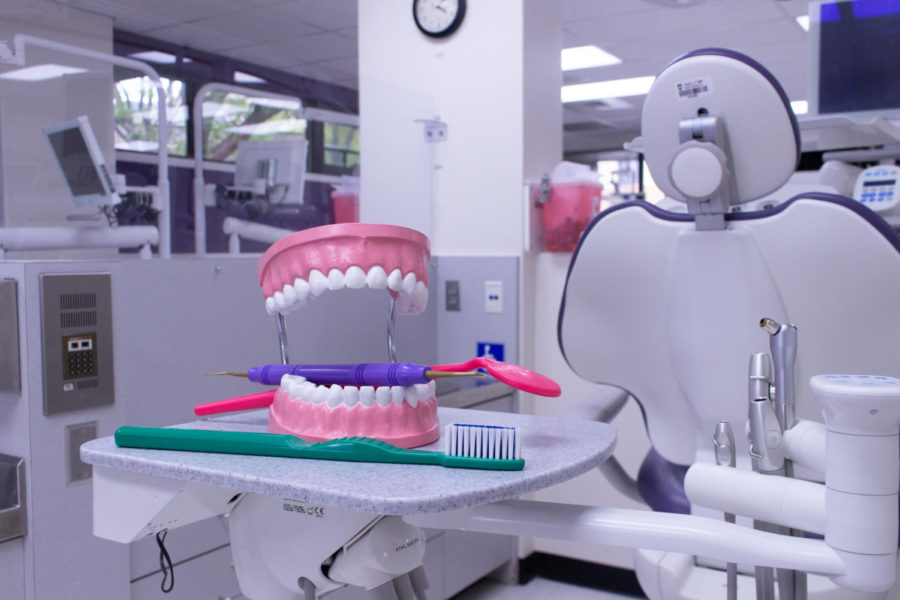Departments at Weber State University held a Depression Screening Day to help students find out if they have depression and to learn some coping strategies. Approximately 31 percent of students suffer from depression at WSU, and 25 percent say their academic performance was affected by depression.
“We know that depression is a significant problem on college campuses around the country and at Weber State University,” said Dianna Abel, coordinator of Depression Screening Day. “We know that lots of students are suffering from depression and don’t know that . . . which can have a negative impact on their academic performance.”
Students were able to fill out a short form that screens for depression. The form is not a diagnostic form, but tells whether a student should be further evaluated by a counseling center. After the form is filled out, students were able to sit down with a counselor and discuss their results.
“Part of our mission is to help students be successful here, and the way the counseling center can do that is to help students address their mental health needs and get some help,” Abel said.
Along with the screening forms, centers from all around campus were participating and informing students about coping strategies for depression that had to do with their center. For example, the Student Wellness Center was there to talk about alcohol use.
“Don’t use alcohol to stop depression,” said Chad Myler from the Student Wellness Center. “. . .It depresses the central nervous system.”
The Community Involvement Center was also there to get people involved in the community.
“There is a correlation between volunteering and depression,” said Shaylee Wheeler from the Community Involvement Center. “It is a good way to help with your issues.”
Campus Recreation was there promoting exercise as way to help with depression. Employee Wellness discussed how what students eat is also important when it comes to mood. Students, especially those with depression, should eat healthy to improve their mood. Foods that negatively affect mood are sugar, caffeine, alcohol and chocolate. Vegetables, fruits, oil-rich fish and whole grains are better to eat.
The Intermountain Therapy Dogs were also in attendance with three therapy dogs. These dogs typically go to places like hospitals and detention centers to visit the people there. Children who have low self-esteem or have been bullied even come and read to the dogs.
Another way of coping is through creativity. There was a station for card-making at the screening event, encouraging students to make cards for old friends. Reconnecting or telling someone that they love them is good for mental health.
Some symptoms of depression include loss of interest in activities, feelings of hopelessness and loss of appetite. A person with depression might also have suicidal thoughts, feel excessively tired or have unexplained pain.
“We want students to walk away with some increased understanding about depression and other mood disorders,” Abel said, “and also some things they can do that can be helpful for themselves.”





















